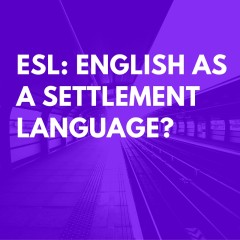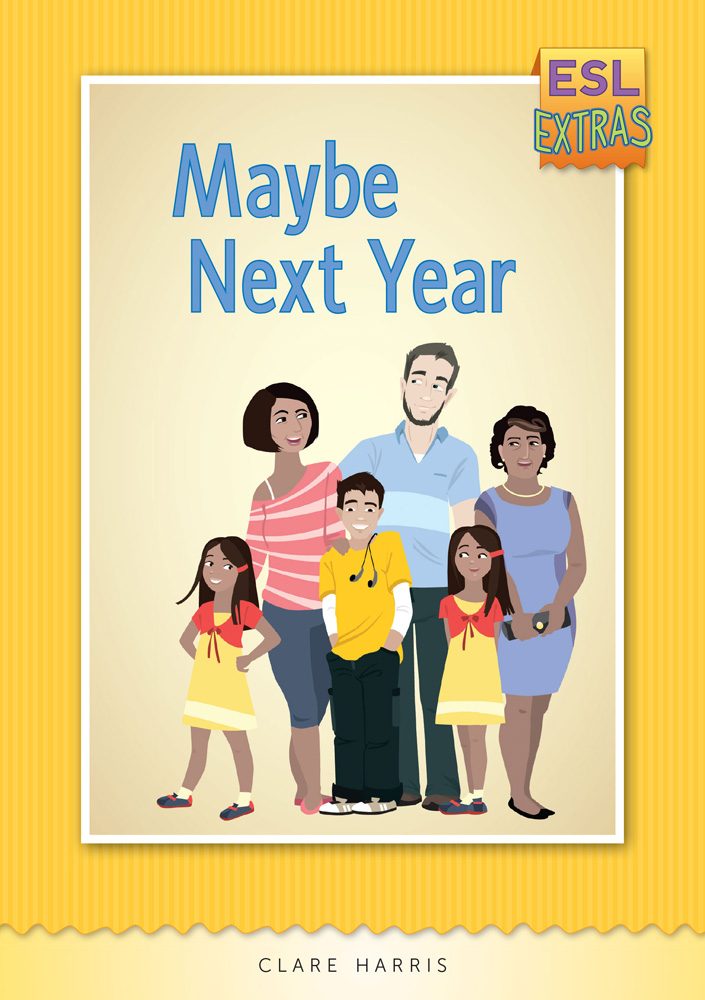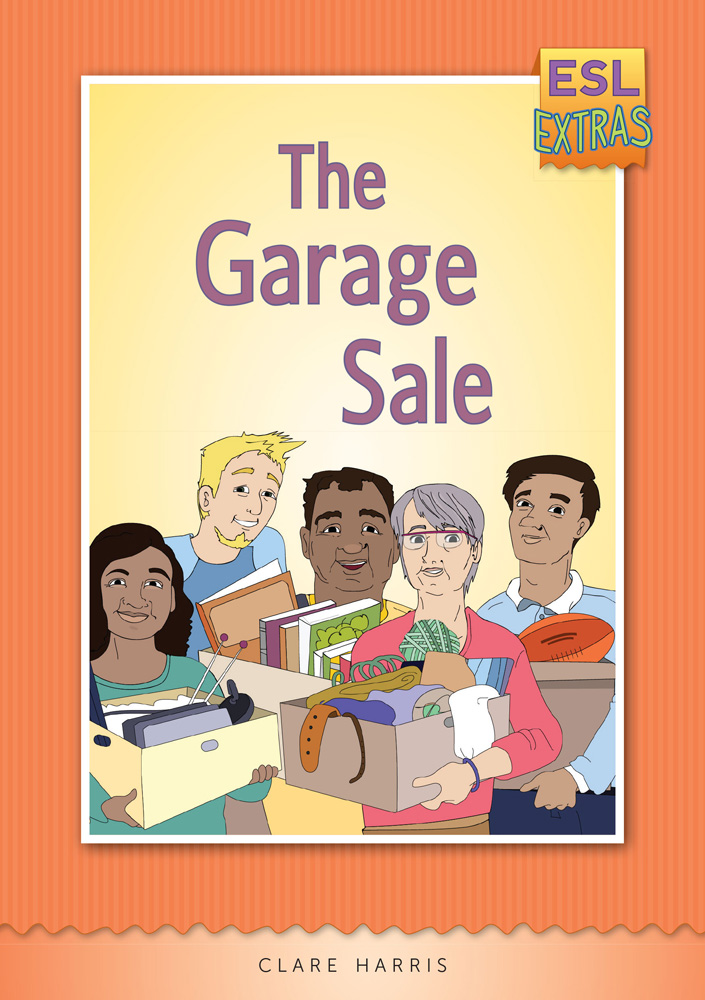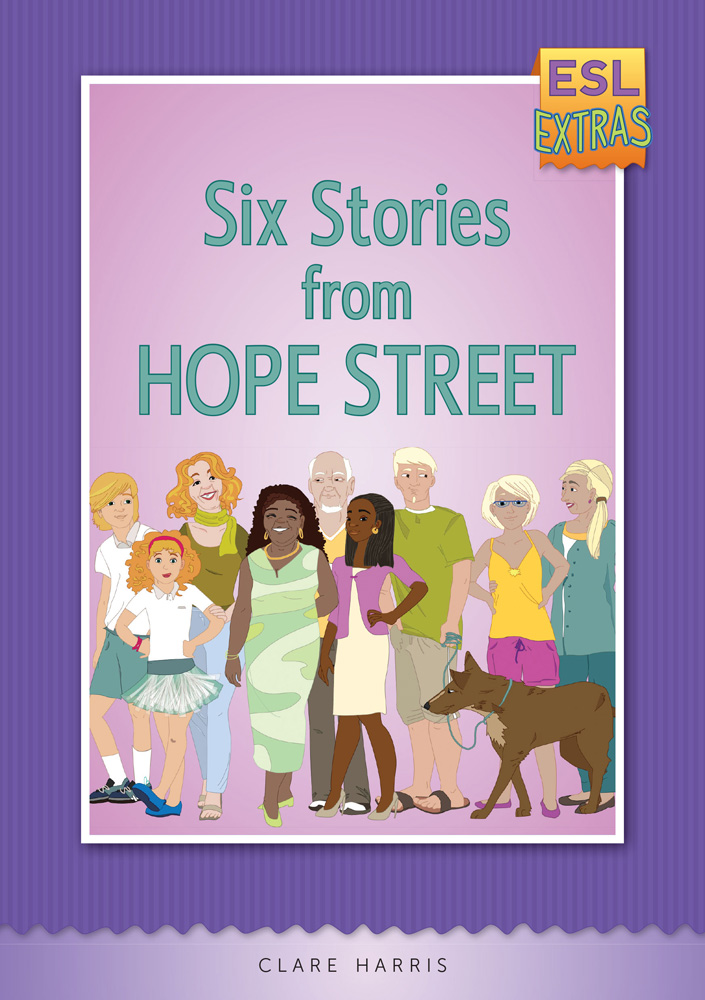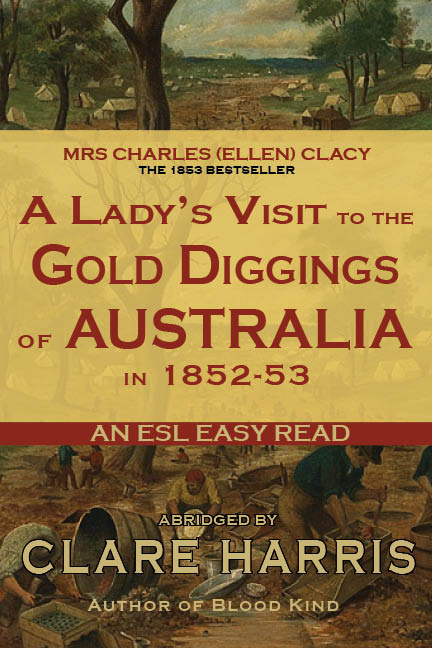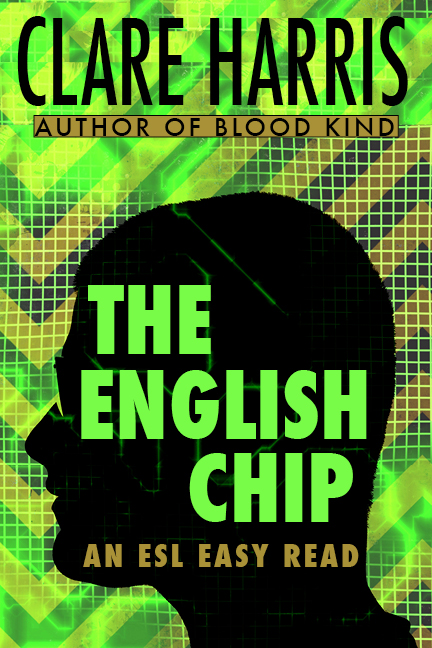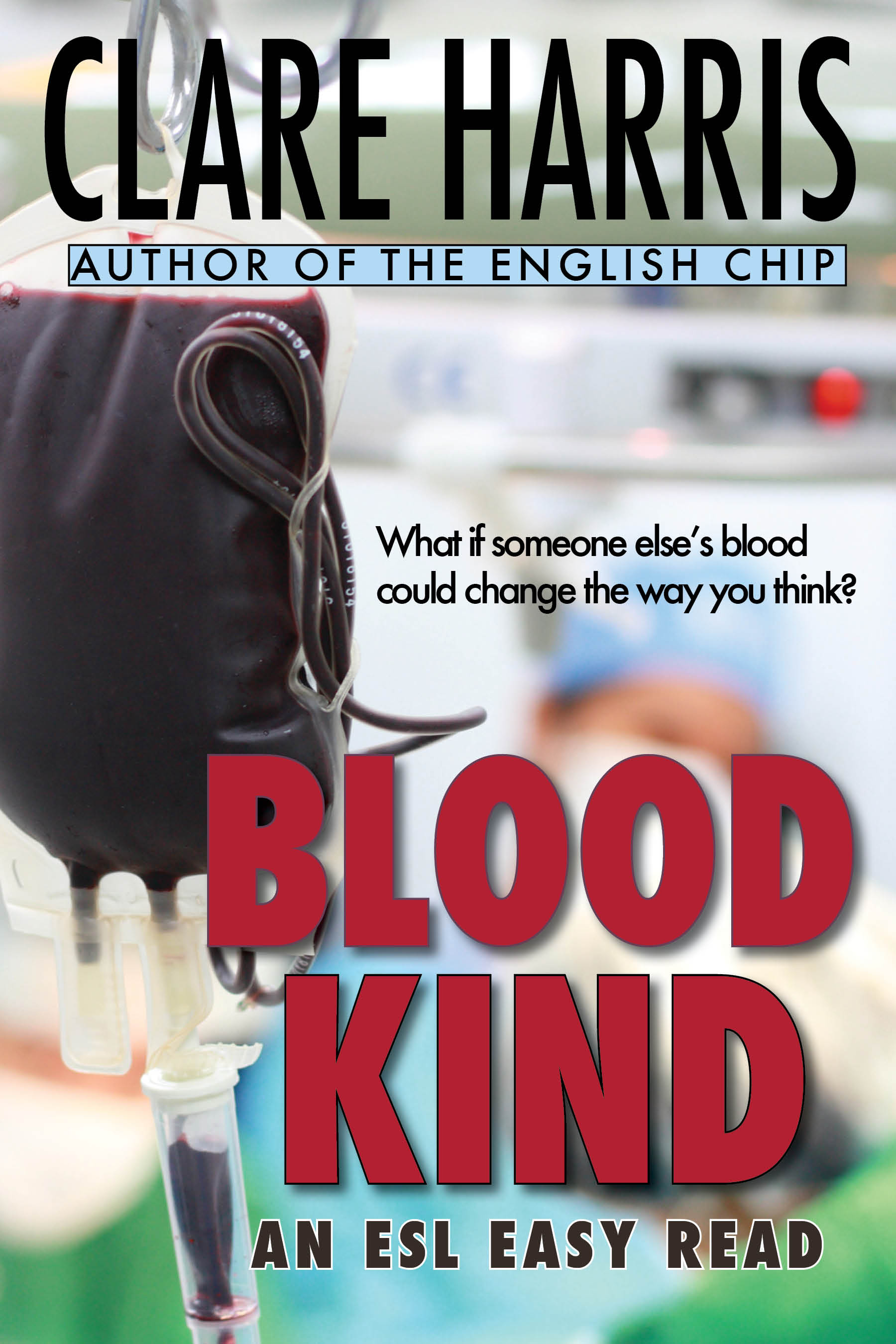I’ve occasionally felt a little awkward about the name of my book series, ESL Extras. ESL is such a familiar term, almost always known by volunteers and non-teachers, and of course still very much in use internationally. It’s clearly distinguished from EFL as something you learn in an English language environment, not in another language environment.
However, here in Australia, there’s always that awareness that ‘English as a second language’ does not give due credit to our learners. English is frequently not a second, but a third, fourth or fifth language for them, and ESOL, ELT, ELL and EAL/D compete as ‘better ways to say it’.
‘English as a Settlement Language’
So I was thrilled when fellow author Karen Barber (who wrote the Carly and Kumar series from Read Me Again Press) reassured me that ESL Extras was perfect as a name, because (in her view), ‘ESL’ stands for ‘English as a Settlement Language’.
Of course! All our teaching (to new migrants and humanitarian arrivals) is about settlement, about what it means to live in Australia, to really participate in our society, to understand what we say AND why we say it. It’s the focus of the AMEP (Adult Migrant English Program) as well as EAL programs in schools. So ‘English as a Settlement Language’ sounds perfect. Now we just need to spread the word…
The role of reading in Settlement language
In our books, Karen and I are both trying to explore facets of life in Australia through fun stories and easy-to-understand language. She was inspired by those long-ago story collections ‘George and Nina’ and ‘Jeff and Lisa’, and I’m sure I was too. I’d like to think that learners come away from their reading (and discussion) with more understanding of the new world around them and the people in it.


